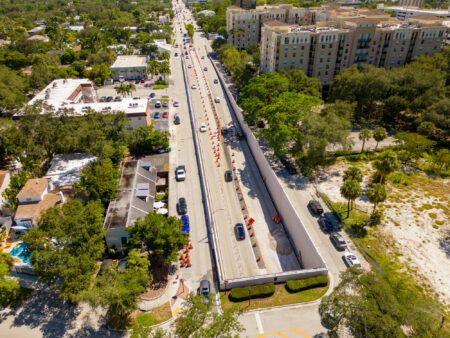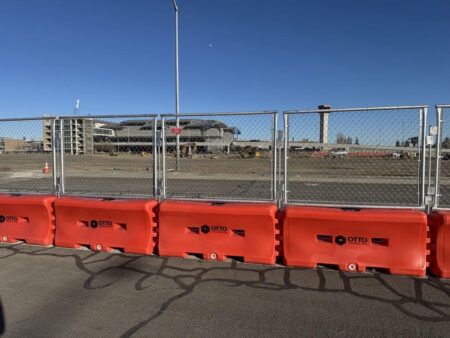Greater Manchester, in northwest England, has today (Friday January 26) taken another step towards adopting Vision Zero, which aims to eliminate all deaths and life-changing injuries on the region’s roads by 2040.
The Greater Manchester Combined Authority (GMCA) has endorsed a draft version of Greater Manchester’s Vision Zero Strategy, which also underlines the commitment to halve the number of deaths and life changing injuries by the end of this decade.
Following endorsement of the draft document, members of the public and stakeholders will now get to have their say on the strategy by responding to an online survey which will become available in the coming weeks via the GM Consult platform.
This will help to inform the development of an action plan for implementation of the Vision Zero Strategy. The Vision Zero Strategy Action Plan will also go out for public engagement in May for around two months.
The finalised Vision Zero Strategy Action Plan will go before the GMCA for approval in November. If approved, the strategy will then be formally launched during Road Safety Week (November 18-24).

Vision Zero is a strategy to eliminate all traffic fatalities and life-changing injuries, while increasing safe, healthy and equitable mobility for all. First implemented in Sweden in the 1990s, Vision Zero has been adopted in other areas across Europe, the United States and the UK.
In the last 10 years nearly 10,000 people who live in, work in or visit Greater Manchester have been killed or seriously injured on our roads.
Between 2018 and 2022, pedestrians, cyclists and motorcyclists accounted for nearly two thirds of those killed or seriously injured, while drivers and passengers made up 34% of casualties.
In 2022, there were 71 traffic fatalities or serious injuries every month in Greater Manchester. In total 64 people were killed over the course of the year – 29 of them pedestrians – and each of these deaths was preventable.
Alongside the devastating pain, grief and suffering which results from road traffic collisions, they place additional strain on the emergency services. Victims are often left unable to work or facing medical costs.
Development of Greater Manchester’s Vision Zero Strategy and Action Plan is being led by the Greater Manchester Safer Roads Partnership on behalf of the GMCA. Members of the partnership include Transport for Greater Manchester, Greater Manchester Police, Greater Manchester Fire and Rescue Service, National Highways and the 10 Greater Manchester local authorities.
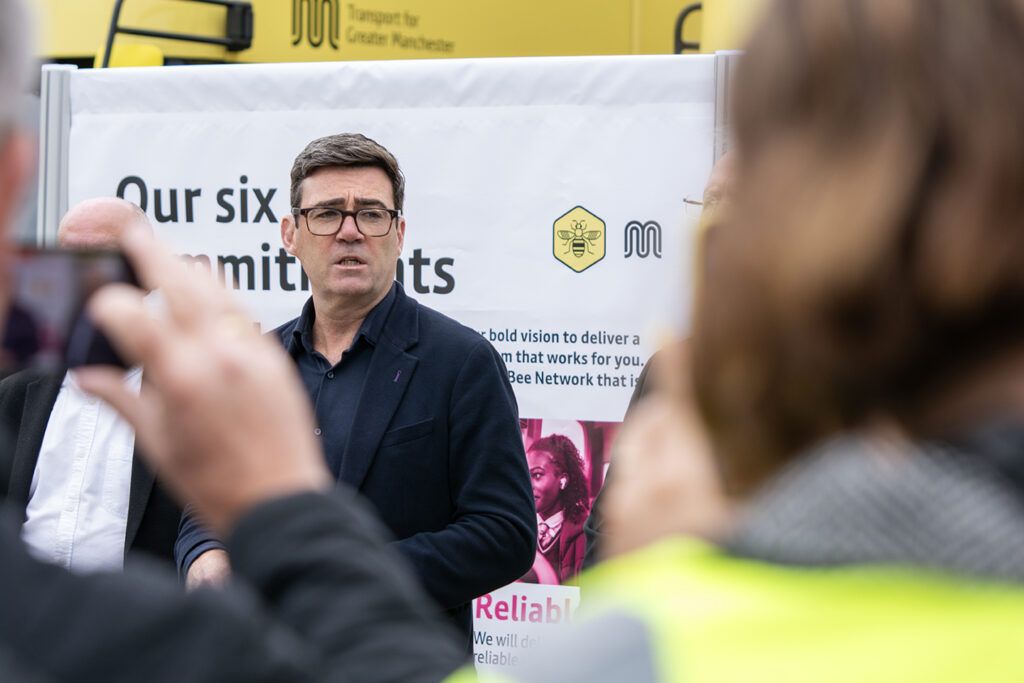
Andy Burnham, Mayor of Greater Manchester, said: “While there was a small decline in the number of people killed and seriously injured in 2022, much more needs to be done to make Greater Manchester’s roads a safer, healthier and more sustainable place for pedestrians, cyclists, motorcyclists and motorists.
“Each of the 64 deaths in our city region in 2022 was preventable. They were people going about their daily lives, travelling to work, school or to see friends and family, only to never return home, and their deaths have a devastating impact for everyone involves as well as the wider community.
“I am delighted that this draft version of our Vision Zero Strategy has been backed by our leaders today, and I look forward to everyone getting to have their say on the next step in Greater Manchester’s mission to reduce the number of deaths and serious injuries on our roads.”
In the UK, Vision Zero has been adopted in several local authority areas, including regions neighbouring Greater Manchester like West Yorkshire, South Yorkshire, Lancashire and the Liverpool City Region.
By taking decisive action in Greater Manchester, around 3,800 unnecessary deaths and life-changing injuries could be prevented by 2040.
Dame Sarah Storey, Active Travel Commissioner for Greater Manchester, said: “I recommended the region work towards adopting Vision Zero because any death or serious injury on our roads is one too many. I’m pleased to see the progress that has gone into the draft that was adopted today which shows clear intention to work towards ending all road casualties by 2040.
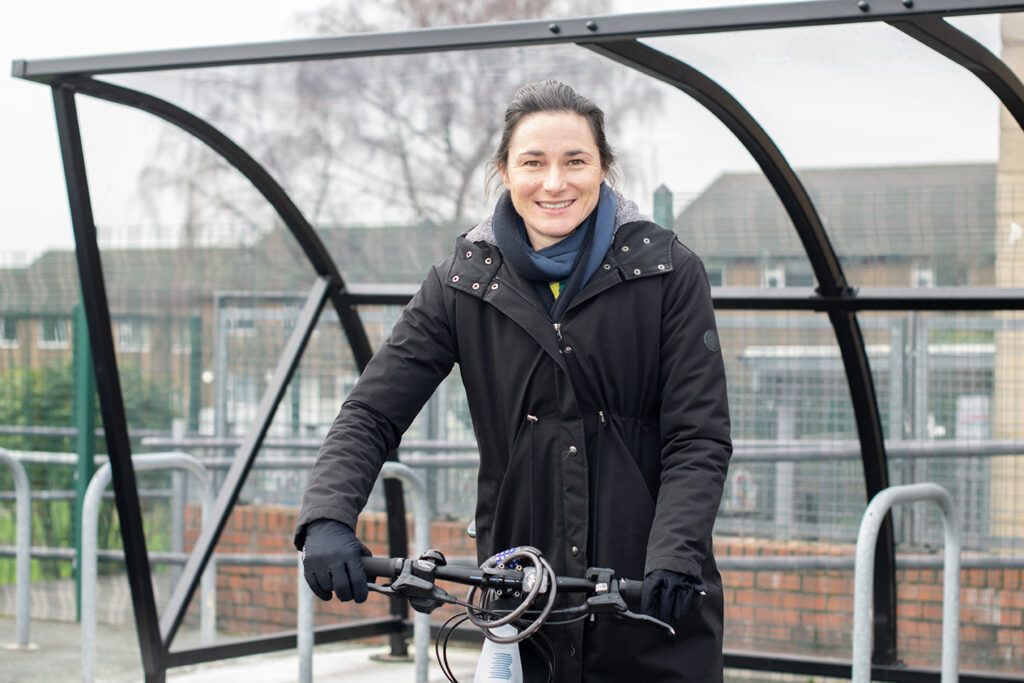
“Every death or life-changing injury, has an immeasurable cost to family, friends and the community, and the cost of responding to and dealing with all casualty and injury collisions in Greater Manchester is estimated at £472m.
‘’Inaction is not an option we can live with, so I’m pleased that the GMCA has today reinforced that getting this right will require a collective effort and commitment from everyone, and I will support the continued development of this over the coming months before the official launch is possible.’’
Kate Green, deputy mayor for police, crime, fire and criminal justice, said: “We all have a role to play in achieving our ambition of Vision Zero and ensuring that all our communities are safe – and, importantly, that they feel safe.
“It’s not ok that people from our most deprived communities are more likely to be killed or seriously injured on our roads, nor that younger and older people are more likely to be killed or seriously injured as vulnerable road users.
“Working towards Vision Zero will help us to avoid spending resources as a system on responding to these challenges – resources that can be better spent on preventing crime and investing in local priorities in our communities.”
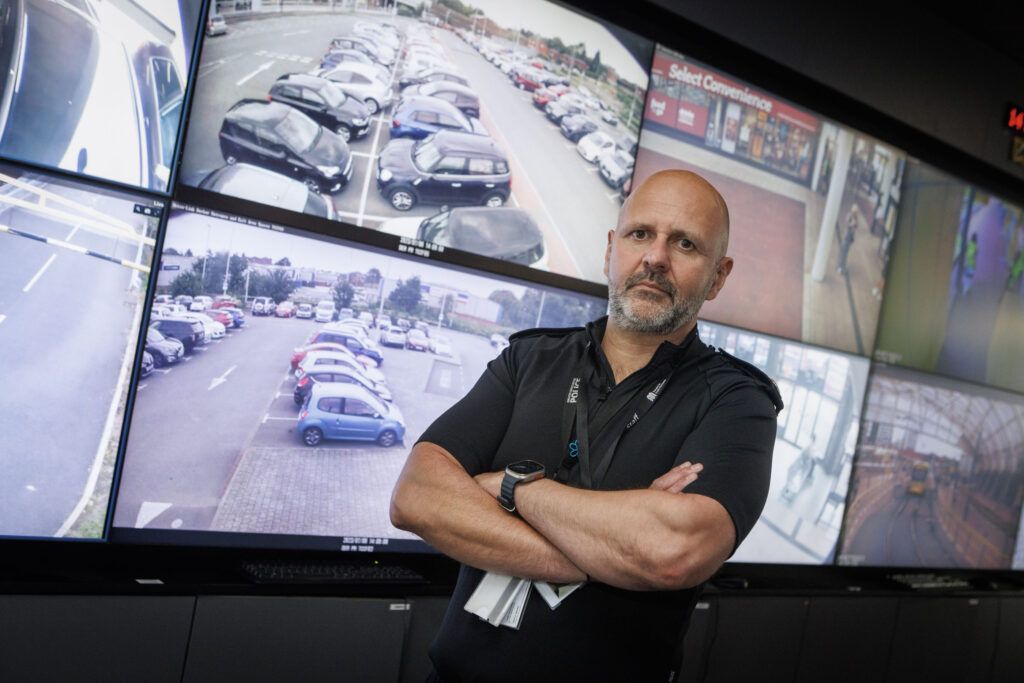
Superintendent Gareth Parkin from GMP’s Specialist Operations said: “Greater Manchester Police is reaffirming its commitment to the Vision Zero initiative. The initiative underlines our shared belief that no loss of life on our roads is acceptable, we have seen over the last year some truly horrific cases that have sadly led to the untimely death of innocent people across Greater Manchester.
“We have done some fantastic proactive work to rid our roads of drink and drug drivers, as well as any other problem drivers that we identified, especially over the Christmas and New Year period with Operation Limit.
“Working with the other authorities across Greater Manchester, we can forge a future where everyone who uses our roads can do in complete confidence that there is a sense of security.
“Let’s work together toward our vision of zero fatalities and life-changing injuries on our roads.”



